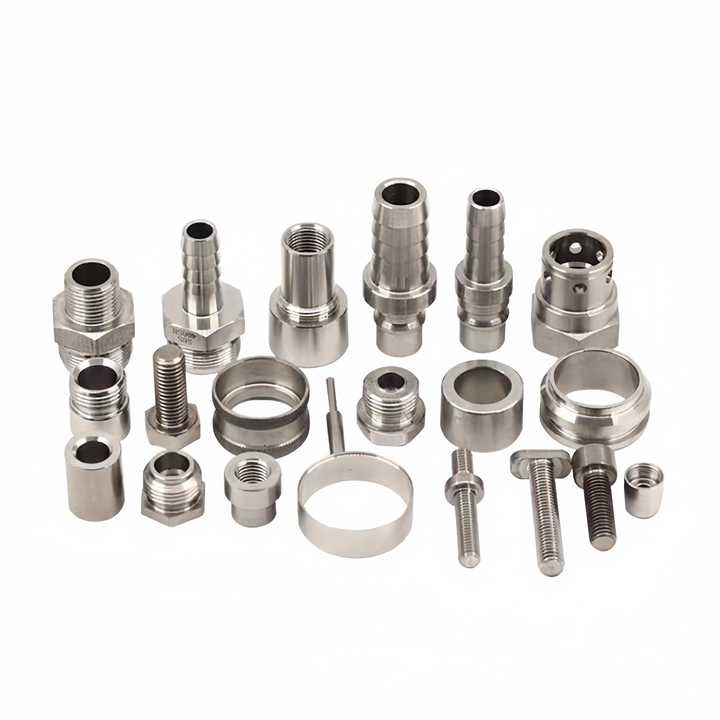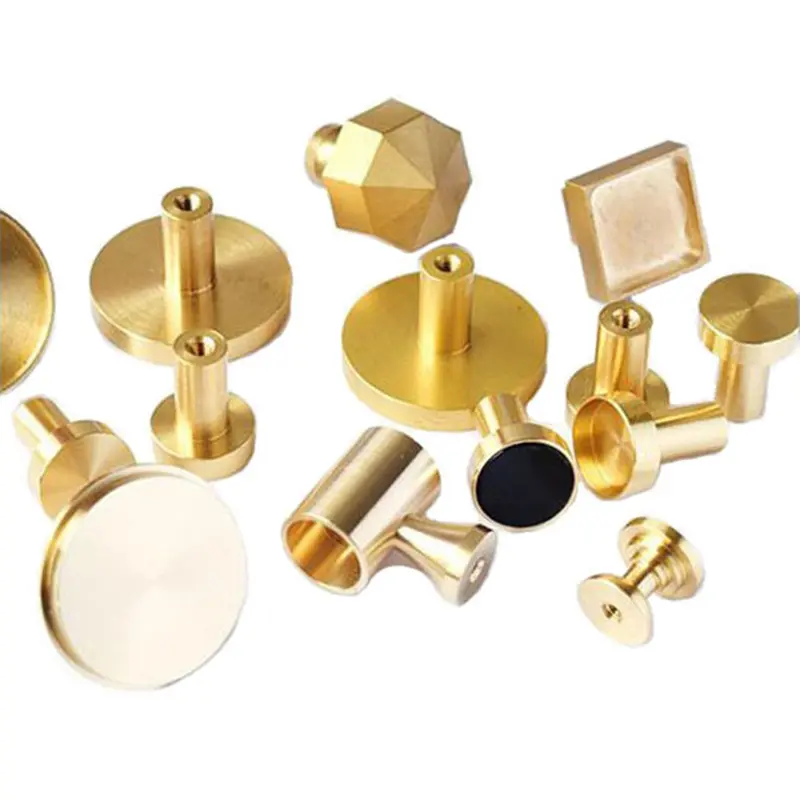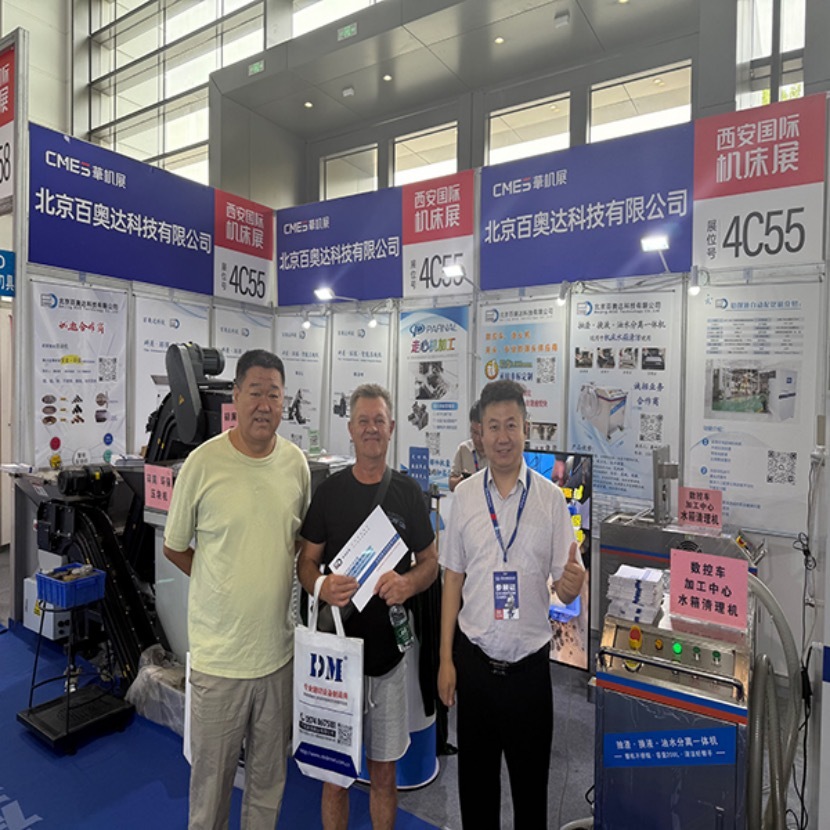Understanding Precision Parts: The Backbone of Mechanical Manufacturing
Published Time:
2025-08-06
Precision parts are essential components in the realm of mechanical manufacturing, particularly in the field of machining and hardware processing. These parts are characterized by their exact dimensions and tolerances, which are critical for ensuring that they fit and function correctly within larger assemblies. The significance of precision parts cannot be overstated, as they play a crucial role in various industries, including aerospace, automotive, electronics, and medical devices.
The manufacturing of precision parts involves sophisticated machining processes that utilize advanced technology and equipment. CNC (Computer Numerical Control) machining is one of the most common methods employed to produce these parts. CNC machines operate with high accuracy and repeatability, allowing manufacturers to create intricate designs and complex geometries that meet stringent specifications. This level of precision is vital, as even the slightest deviation can lead to performance issues or product failures.
One of the key advantages of using precision parts is the enhancement of overall product quality. For example, in the automotive industry, precision-engineered components ensure that vehicles operate smoothly and safely. Factors such as fuel efficiency, durability, and performance are all directly linked to the quality of precision parts used in vehicle manufacturing. As a result, manufacturers often prioritize sourcing high-quality components to maintain their reputation and customer satisfaction.
Moreover, precision parts contribute to operational efficiency in manufacturing processes. By ensuring that each component is manufactured to exact specifications, the assembly process becomes more seamless and efficient. This reduces the likelihood of defects and the need for rework, which can be costly and time-consuming. As a result, companies that invest in precision manufacturing often experience lower production costs and shorter lead times, giving them a competitive edge in the market.
It is also important to consider the material selection for precision parts. Common materials include metals like aluminum, stainless steel, and titanium, as well as plastics and composites. The choice of material can significantly impact the performance, weight, and cost of the final product. Understanding the properties of different materials is essential for engineers and designers when creating precision parts for specific applications.
In conclusion, precision parts are the backbone of mechanical manufacturing, playing an indispensable role in ensuring product quality and operational efficiency. By employing advanced machining techniques and selecting the right materials, manufacturers can produce components that meet the high standards required across various industries. Investing in precision parts not only enhances the performance of end products but also contributes to the long-term success of manufacturers in a highly competitive marketplace.
The manufacturing of precision parts involves sophisticated machining processes that utilize advanced technology and equipment. CNC (Computer Numerical Control) machining is one of the most common methods employed to produce these parts. CNC machines operate with high accuracy and repeatability, allowing manufacturers to create intricate designs and complex geometries that meet stringent specifications. This level of precision is vital, as even the slightest deviation can lead to performance issues or product failures.
One of the key advantages of using precision parts is the enhancement of overall product quality. For example, in the automotive industry, precision-engineered components ensure that vehicles operate smoothly and safely. Factors such as fuel efficiency, durability, and performance are all directly linked to the quality of precision parts used in vehicle manufacturing. As a result, manufacturers often prioritize sourcing high-quality components to maintain their reputation and customer satisfaction.
Moreover, precision parts contribute to operational efficiency in manufacturing processes. By ensuring that each component is manufactured to exact specifications, the assembly process becomes more seamless and efficient. This reduces the likelihood of defects and the need for rework, which can be costly and time-consuming. As a result, companies that invest in precision manufacturing often experience lower production costs and shorter lead times, giving them a competitive edge in the market.
It is also important to consider the material selection for precision parts. Common materials include metals like aluminum, stainless steel, and titanium, as well as plastics and composites. The choice of material can significantly impact the performance, weight, and cost of the final product. Understanding the properties of different materials is essential for engineers and designers when creating precision parts for specific applications.
In conclusion, precision parts are the backbone of mechanical manufacturing, playing an indispensable role in ensuring product quality and operational efficiency. By employing advanced machining techniques and selecting the right materials, manufacturers can produce components that meet the high standards required across various industries. Investing in precision parts not only enhances the performance of end products but also contributes to the long-term success of manufacturers in a highly competitive marketplace.
Next Page
Next Page
Beijing Pafinal Precision Machinery Co., Ltd.
Email:sales@pafinal.com

Address: No. 239 Huanhe South Road, Tianjin Pilot Free Trade Zone (Airport Economic Zone), Tianjin
中企跨境-全域组件
制作前进入CSS配置样式
sales@pafinal.com:
Whatsapp:
在线客服添加返回顶部
图片alt标题设置: PAFINAL
表单验证提示文本: Content cannot be empty!
循环体没有内容时: Sorry,no matching items were found.
CSS / JS 文件放置地




 2025-08-06
2025-08-06


